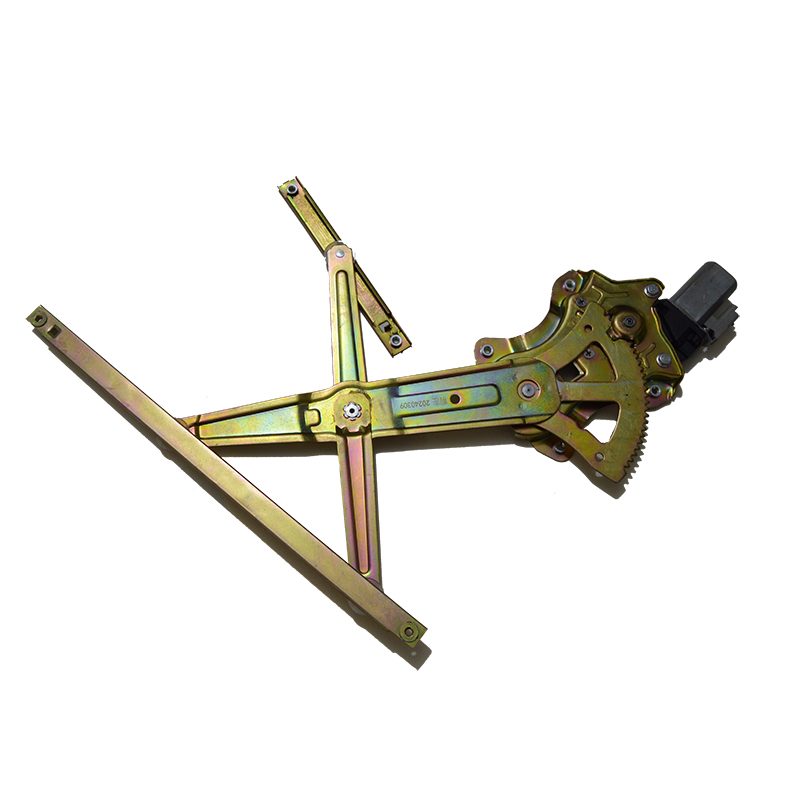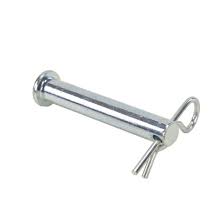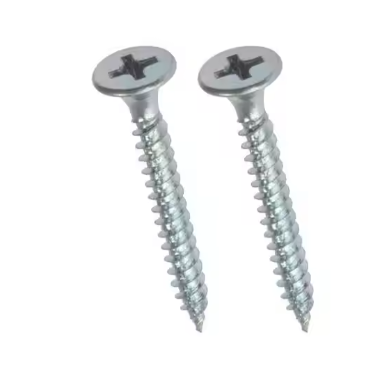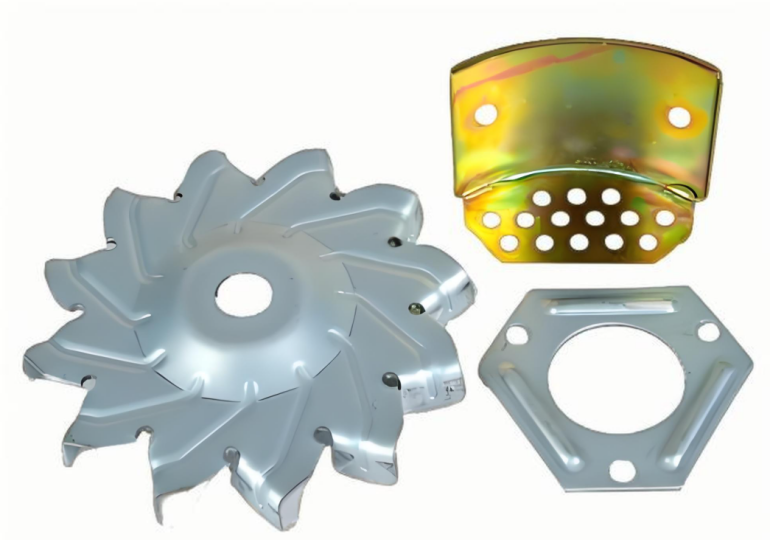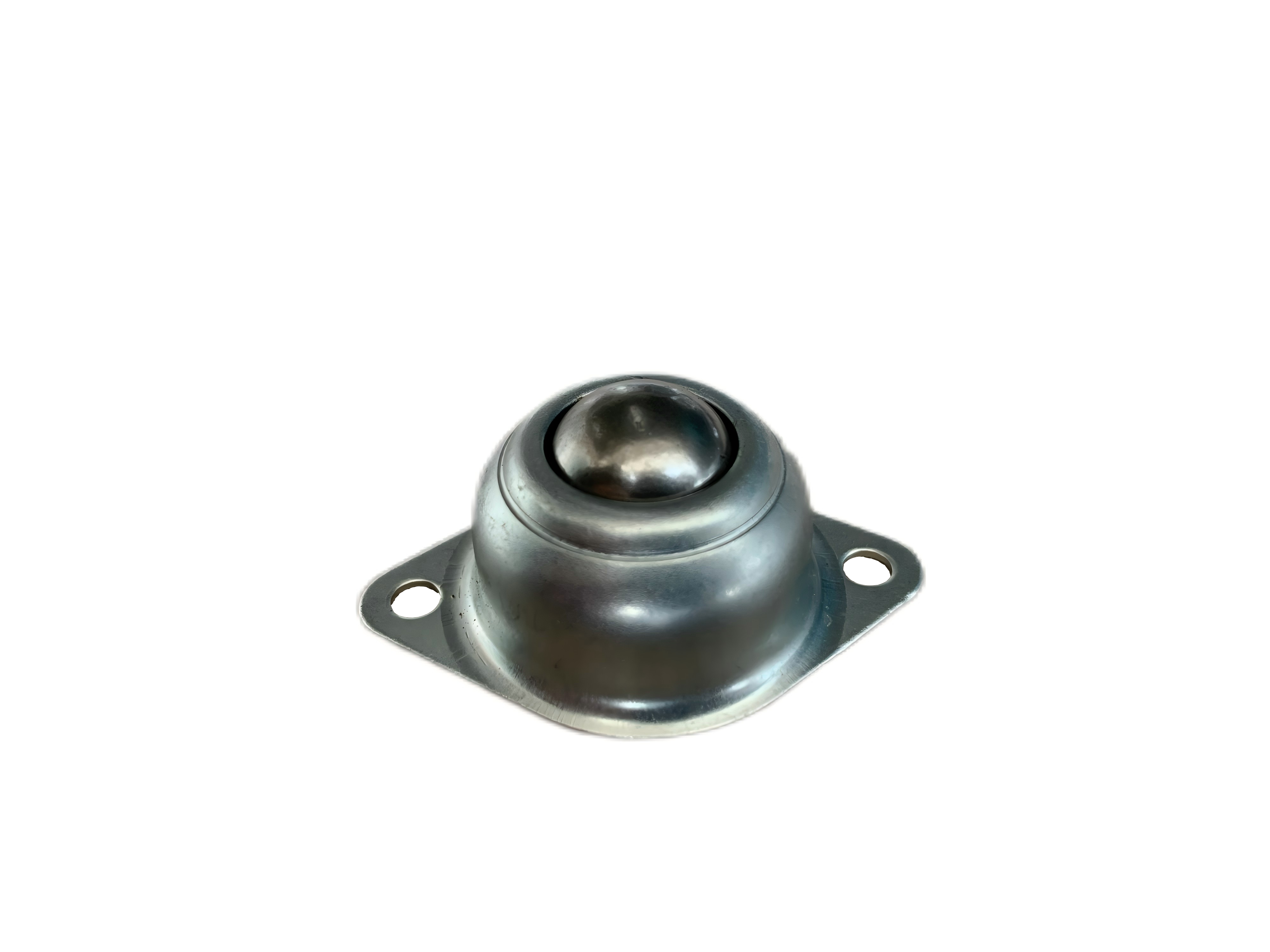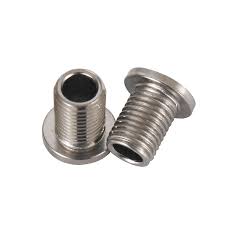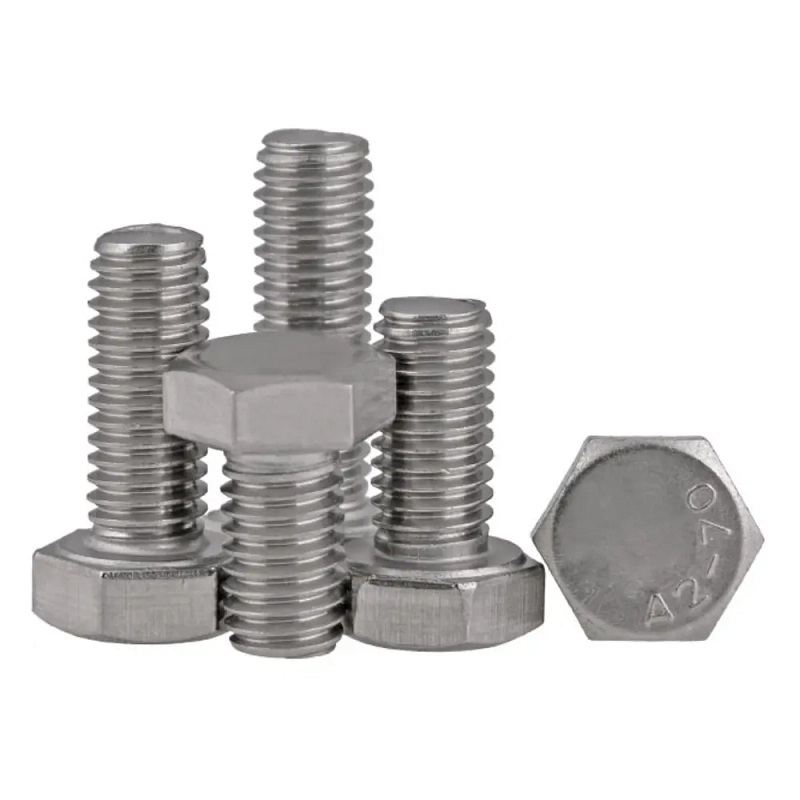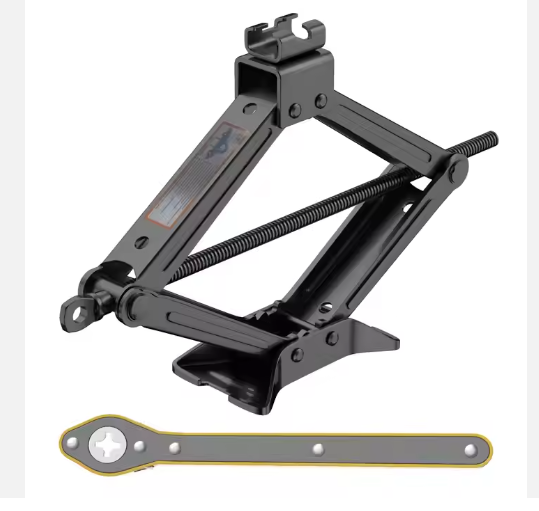

This guide provides an in-depth look at sourcing high-quality stainless steel U bolts, covering everything from understanding material specifications to identifying reliable suppliers. Learn how to choose the right supplier based on your needs and ensure you receive the best possible products for your projects. We'll explore various factors to consider when making your purchase decision.
Stainless steel U bolts are known for their corrosion resistance, making them ideal for various applications, both indoors and outdoors. However, not all stainless steel is created equal. Different grades, such as 304 and 316, offer varying levels of corrosion resistance and strength. Understanding these differences is crucial for selecting the right bolt for your specific needs. Grade 316 stainless steel, for instance, is more resistant to chloride corrosion than 304, making it suitable for marine environments. The choice depends heavily on the application's environmental conditions.
Stainless steel U bolts come in a wide range of sizes, measured by their inside diameter, outside diameter, and the length of the threaded rod. Accurate measurements are vital to ensure a proper fit and secure fastening. It’s essential to consult technical drawings or specifications before ordering to guarantee compatibility with your application.
These versatile fasteners find use across numerous industries. Common applications include securing pipes, supporting structures, clamping components, and many more. The strength and corrosion resistance of stainless steel U bolts make them particularly suitable for applications where longevity and reliability are paramount, such as in the automotive, construction, and marine industries.
Selecting a reliable supplier is crucial for ensuring product quality and timely delivery. Consider factors such as the supplier's reputation, manufacturing capabilities, quality control processes, certifications (e.g., ISO 9001), and customer service responsiveness. Checking online reviews and testimonials can offer valuable insights into a supplier's performance.
A reputable supplier should be able to provide detailed product specifications, including material certifications and dimensional tolerances. They should also be able to handle various order sizes, from small quantities for prototyping to large-scale production runs. Look for suppliers who demonstrate expertise in their field and have a proven track record of successful project completion.
Numerous online directories and marketplaces specialize in connecting buyers with industrial suppliers. These platforms often provide detailed supplier profiles, product catalogs, and customer reviews, enabling you to compare different options effectively. However, always verify the information independently and conduct thorough due diligence before committing to a purchase.
Attending trade shows and industry events can provide opportunities to meet potential suppliers face-to-face, inspect their products firsthand, and establish direct relationships. This approach allows for personal interaction and helps build trust and confidence before making a significant order.
For large-scale projects or specialized requirements, contacting manufacturers directly can be beneficial. This approach enables customized solutions and potentially better pricing. Many manufacturers have their own websites with detailed product catalogs and contact information. For example, you may consider contacting Hebei Dewell Metal Products Co., LTD, a reputable manufacturer of high-quality fasteners.
The most common types are 304 and 316 stainless steel, each offering different levels of corrosion resistance.
Refer to engineering drawings and specifications, ensuring you carefully measure the diameter and length required for a secure fit.
Utilize online directories, attend industry events, and directly contact manufacturers. Look for certifications such as ISO 9001 to verify quality standards.

